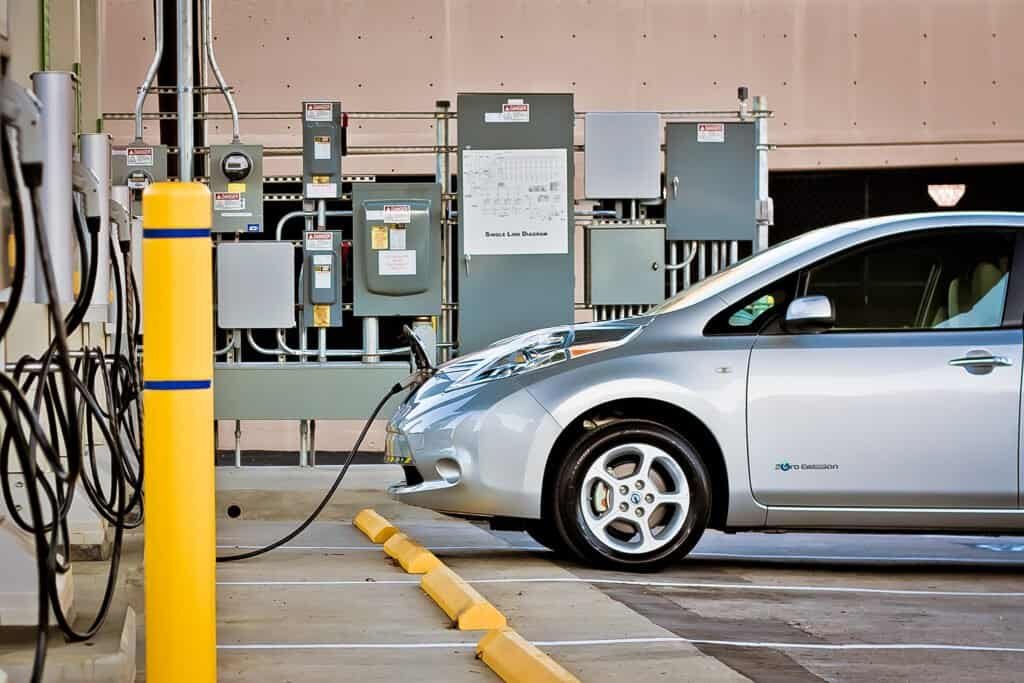Since the inauguration of the new DMK administration in May 2021, led by chief minister M.K. Stalin, Tamil Nadu has signed 227 memorandums of understanding (MoUs) to entice investments totaling 2.6 lakh crore. According to State Industries Minister T.R.B. Raaja, of the total MoUs signed, 80% have either confirmed their investment or have begun work in the state.
The administration has scheduled a gathering of international investors for January 2024. “In the 2024 GIM, we intend to focus on investments in EVs, green hydrogen, and automobiles. We currently have a larger number of EV businesses in the state, and after the 2024 GIM, we want Tamil Nadu to be the global hub for electric vehicles, according to Rajaa.
Tamil Nadu aims to be the EV capital worldwide
“In the next years, we want Tamil Nadu‘s GDP to be worth $1 trillion. We are optimistic that these investments would boost economic growth, which will lead to a significant rise in government revenue in the form of GST and VAT, according to Rajaa.
The two previous GIMs, conducted in 2015 and 2019, did not have much success because the first GIM included the greatest amount of investments in solar energy, which did not prove to be successful. Due to the Covid shutdown, the GIM in 2019 was a flop and no notable investments were made.

Foxconn, Royal Enfield, Ola, the non-leather footwear park, Mitsubishi Electric India, and others have made significant investments in TN. Mitsubishi has already started laying the groundwork for air conditioner manufacturing.
“MEI has stated that it will make a 1,891 crore investment through Foreign Direct Investment (FDI) to build its first factory in India to produce room air conditioners and compressors in the state’s Tiruvallur district. Over 2,000 people are anticipated to receive jobs as a result. Only individuals with the appropriate training will be hired for these skilled positions, according to Rajaa.
Kazhuhiko Tamura, the managing director of MEI, stated during the foundation event that the business intends to turn the Chennai factory into a “global hub” by suggesting that the facility will produce compressors and air conditioners for the export market in addition to serving the local market.
The manufacturer of the iPhone, Foxconn, has made plans to enlarge its Tamil Nadu facility. It intends to hire 53,000 more workers over the next two years, bringing the total number of employees at its plant in southern India up to 70,000.
In order to diversify into electric vehicles and extend its product line, Royal Enfield aims to build a new factory in Tamil Nadu. The 60-acre property tract in Cheyyar, on the outskirts of Chennai, has already been purchased by Royal Enfield. Depending on the manufacturing capacity, there are plans to invest between Rs 1,000 crore and Rs 1,500 crore over the next 12 to 24 months, according to a company executive.
The Minister responds that some significant investments are also planned for the south of the state when questioned if all the investments will be in and around Chennai. “A sizable furniture park is being built in Tuticorin. Most of this will require labor-intensive work, which will increase employment. A textile park under the Center’s PMMITRA programme has been announced in the Virudhunagar district, close to Tuticorin, according to the minister.
The cabinet committee in October approved seven PM MITRA parks with a total budget of 4,445 crores for five years, claims Ravi Sam, chairman of the Southern India Mills’ Association. With a ceiling of 500 crores per park for greenfield projects, 200 crores for brownfield projects, and 300 crore per park for competitiveness incentive support, the scheme provides 30% of the project cost as development capital support and competitiveness incentive support, respectively.
The government intends to introduce value-added investments in paddy and coconut in the Cauvery Delta areas. We have picked non-agricultural lands in the delta districts, and this investment will also create jobs for young people, many of whom are first-generation college graduates, according to Rajaa.